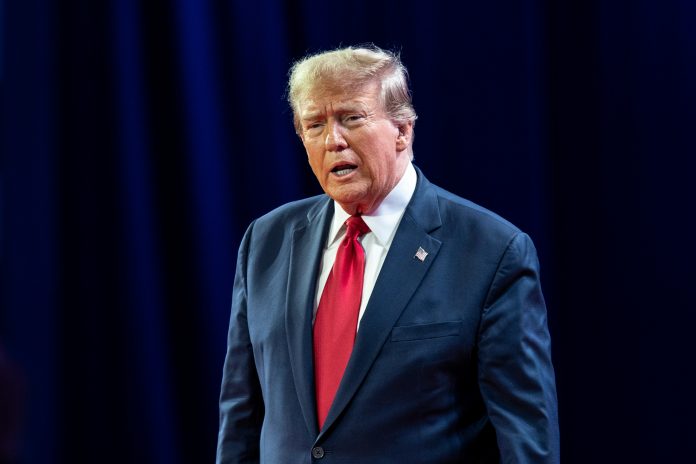At a campaign event in Asheville, North Carolina, Republican presidential candidate Donald Trump stated that if elected, he might end the $7,500 tax credit for electric vehicle (EV) purchases. Trump expressed skepticism about tax incentives, indicating they aren’t generally beneficial. He also revealed that he would be open to appointing Tesla CEO Elon Musk to a cabinet or advisory role, praising Musk as a “brilliant guy.”
Trump, who Musk has endorsed, mentioned that he might reverse Treasury Department rules that have made it easier for automakers to benefit from the EV credit or even push Congress to repeal it entirely. During his presidency, Trump attempted to repeal the EV tax credit, but President Joe Biden later expanded it in 2022. Trump expressed support for electric cars while also advocating for gasoline-powered vehicles, hybrids, and other alternatives. He suggested that cost and battery range issues could limit the market for electric cars.
Trump further vowed to take action against the export of vehicles produced in Mexico by Detroit automakers and others, proposing tariffs to discourage this practice. He also threatened to prevent Chinese automakers from building new plants in Mexico for vehicles intended for the U.S. market. However, Trump is open to Chinese and other foreign automakers building cars in the U.S., offering incentives to encourage them to set up plants and hire American workers.
In a separate remark, Trump criticized Google, labeling the tech giant as akin to the “Wild West” and hinting at potential consequences following a judge’s ruling that Google is an illegal monopoly. Although Trump did not specify the penalties he believes Google should face, he emphasized that the company would “have to pay a great price.”
Additionally, Trump addressed the issue of TikTok, noting that while a law mandates the Chinese owner ByteDance to divest TikTok’s U.S. assets by January 19, 2025, he finds it difficult to ban the app due to concerns about free speech. Trump indicated that ByteDance might sell TikTok, although he stopped short of explicitly endorsing continued Chinese ownership of the platform.



